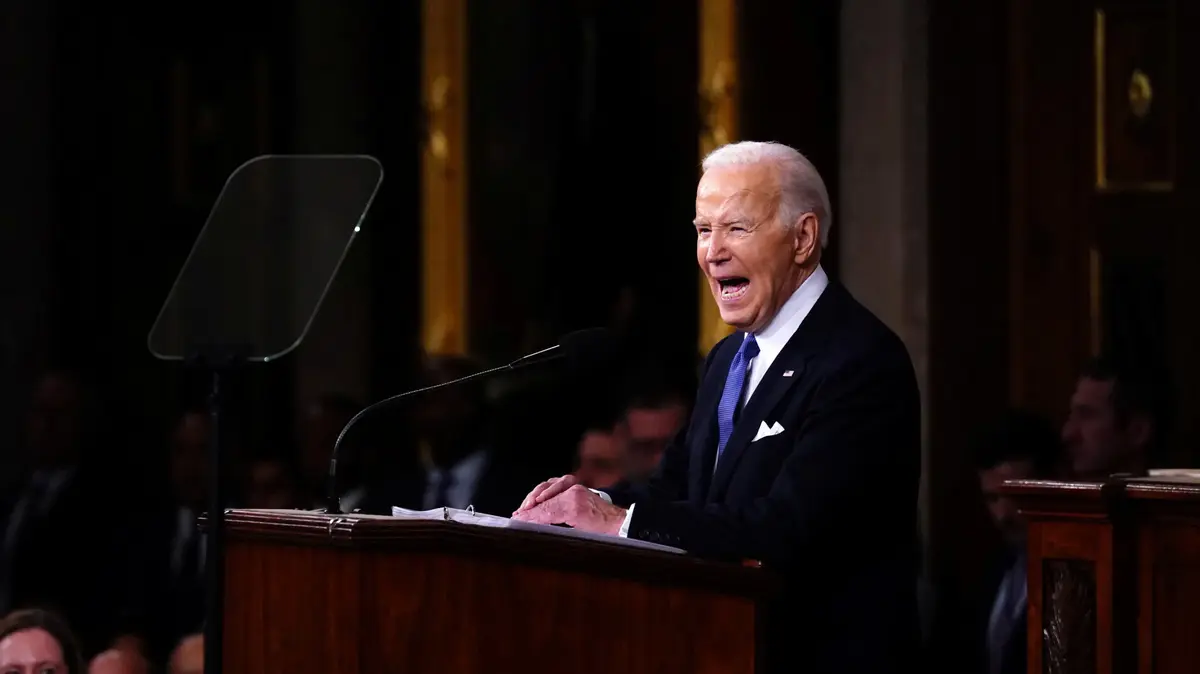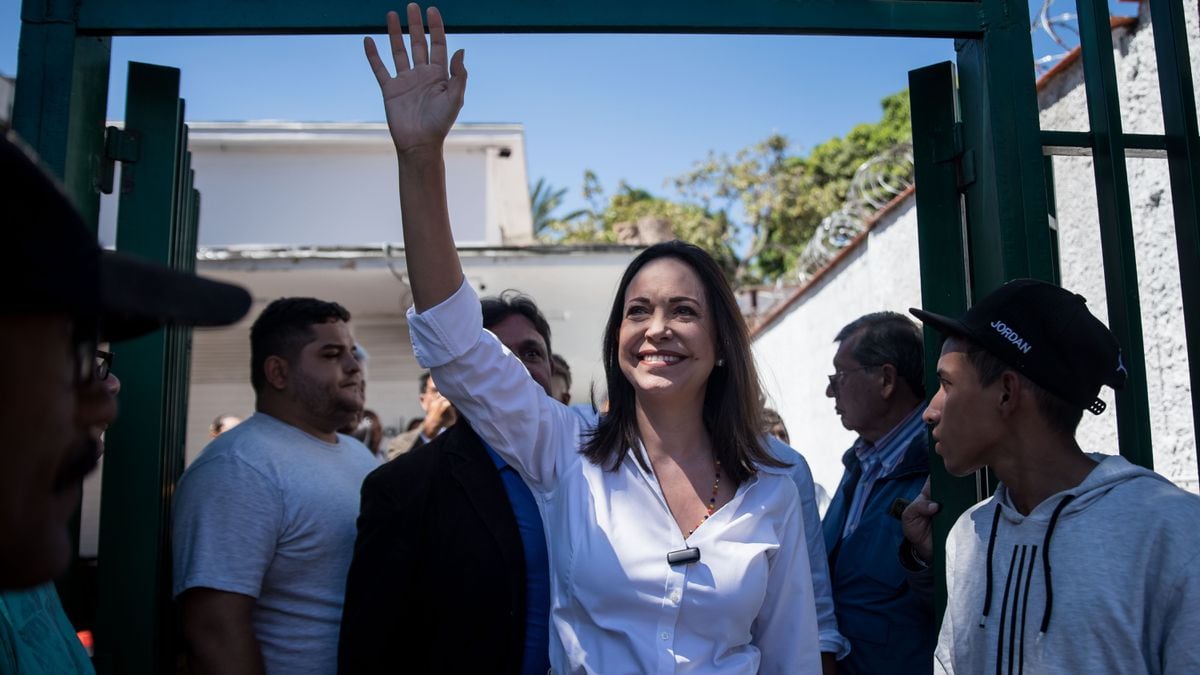The broad coalition government in Israel, the heterogeneous association of eight parties that removed the conservative Benjamin Netanyahu from power a year ago, has fallen apart after spending several weeks teetering on the tightrope.
The prime minister, Naftali Bennett, and the head of Foreign Affairs and strong man of the Executive, Yair Lapid, have agreed to promote the dissolution of the Knesset (Parliament) and advance the elections, as reported by the Hebrew press on Monday.
Israelis would thus be called upon to vote for the fifth time in three years in legislative elections.
The digital editions of all the Hebrew media also announce that the anticipated end of the coalition is expected to be confirmed at a joint press conference by Bennett and Lapid at 8:00 p.m. local time (7:00 p.m. Spanish peninsular time).
The vote to end the legislature will take place next week, Israeli political analysts agree.
If it manages to be approved by a majority, as seems foreseeable, the call for elections will automatically take place around the month of September.
According to internal agreements, the centrist Lapid, who heads the party with the most deputies in the coalition, will become acting prime minister until a new Cabinet is formed, which may take more than six months.
The Executive is now supported by eight parties that range from the ultra-nationalist right to the pacifist left, passing through an Islamist Arab formation.
His attempt to extend the validity of the "provisional" legislation that extends since 1967 the Israeli civil rights to the nearly 450,000 settlers settled in occupied territory failed this month in the Knesset, which anticipated an imminent rupture.
Two deputies from the majority opposed it and another four of its parliamentarians were absent from the Chamber, aggravating the decomposition of the coalition.
After a start to the mandate with successes such as controlling the pandemic, the booming economy and the diplomatic thaw with Islamic countries, the fragility of the coalition was made clear this spring during clashes between Palestinian protesters and police in Jerusalem in the month of Ramadan.
The authorization of the march of tens of thousands of Jewish radicals through the Muslim quarter of the Old City highlighted the internal dissensions in the Government.
To avoid disagreements, the eight coalition partners decided to park everything related to the Palestinian question, but the reality of the daily tension generated by the occupation ended up coming to the fore.
[Breaking news.
There will be an update soon]
Follow all the international information on
and
, or in
our weekly newsletter
.

/cloudfront-eu-central-1.images.arcpublishing.com/prisa/WA6USVBUHNGQYRUW67ZM54CSSY.jpg)


/cloudfront-eu-central-1.images.arcpublishing.com/prisa/5CYUPDL33BHRNA5AWKOZ3OGFK4.JPG)










